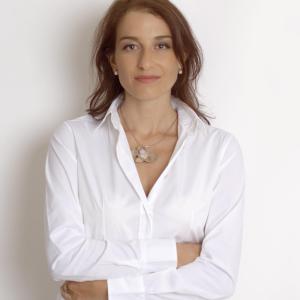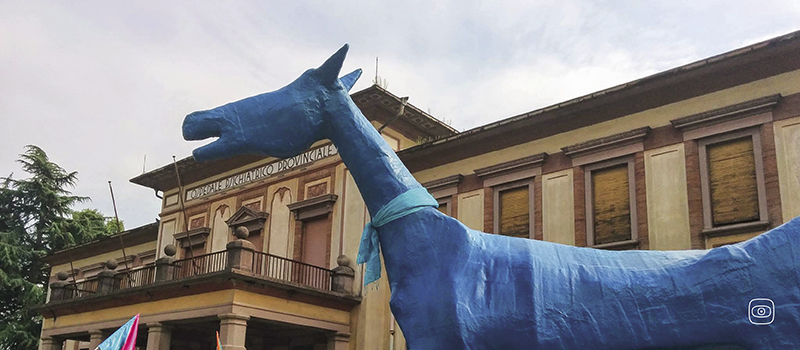The Business of Madness
Spain - “Many people in mental institutions are subject to neglect and abuse of human rights, reflected in high mortality rates..."
"A strategy to shift away from a traditional model of care based on psychiatric institutions to community-based services is essential”: in 2017 the Joint Action for Mental Health” of the EU Commission called for “de-institutionalization” in psychiatry.
The cross border investigation is shedding light on how deinstitutionalization is taking place in 5 regions of 4 different member states: Spain, Italy, Belgium and The Netherlands. The team underlines the obstacles to the process like private companies profiting from the institutional system, but also the criticism on its implementation based on the problems it can imply.
Main focus of the project is to look at how fundamental rights of people with mental health diseases are violated in the different countries. The team found out that physical constraints - in particular tying psychiatric patients to the bed for many hours and even days - are used in all the countries investigated but there is no transparency on its use. On the contrary, the use of electro-shock without the patient's consent, is decreasing or totally absent in the countries investigated. The excess of prescription of psychiatric drugs and its side effects, to compensate for the insufficient assistance by the mental health public system, is common and often linked to the economic power of the pharmaceutical industry.
The investigation also focuses on the good practices in psychiatry, in particular looking deep at the case of Trieste, in the north east part of Italy, a model according to the “World Health Organization ''. In Trieste in the 70s for the first time a psychiatric hospital was closed. The symbol of the liberation of psychiatric patients is “Marco Cavallo”, a giant blue horse built in papier-mâché by patients and artists, which was taken out of the hospital breaking its walls . Today Marco Cavallo still travels to testify this experience and Trieste region still don’t have psychiatric institutions in ist territory, but many Mental Health Centers providing not only drugs and psychotherapy but also support for social needs like house and work. They are always open for people who need assistance, “like a bar in Dakar”.
Photo by Marco Cavallo/Author: Carla Ferrari Aggradi









